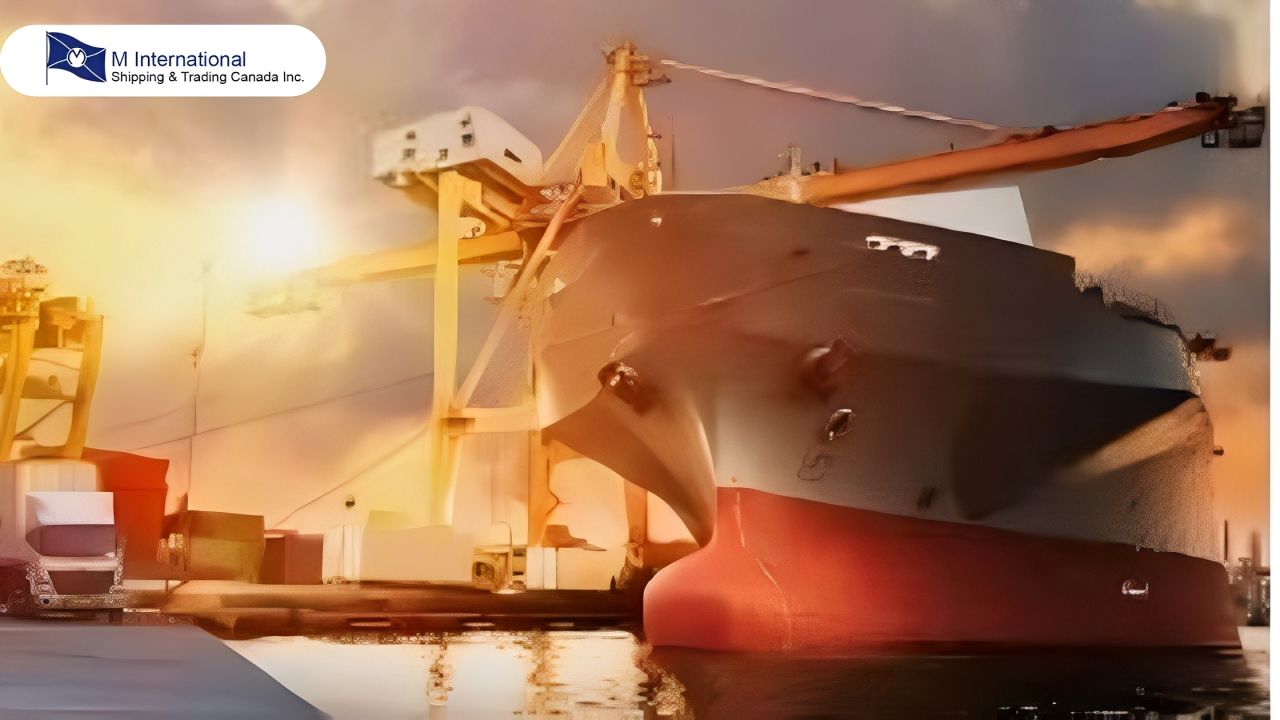
Canada’s geographic advantage has always been defined by its vast coastlines and access to inland waterways. From the Atlantic to the Pacific and through the Great Lakes, maritime transport forms the backbone of Canada’s trade economy. With global demand for commodities, manufactured goods, and energy showing no signs of slowing, the need for strategic expertise in maritime logistics has never been greater. This is where ship brokerage in Canada plays an increasingly vital role.
Ship brokerage connects vessel owners with cargo interests, ensuring that goods move efficiently across domestic and international routes. Far more than a transactional function, brokerage has become a discipline that requires market knowledge, negotiation skills, and an understanding of global regulatory frameworks. The work of Canadian ship brokerage firms is therefore central to sustaining competitiveness in today’s highly interconnected supply chain.
Why Ship Brokerage Matters in Canada
Shipping is often perceived as a matter of capacity and tonnage. In practice, it is also about timing, compliance, and financial alignment. A well-negotiated charter can mean the difference between profitable operations and significant losses. For Canadian businesses involved in commodities such as grain, minerals, or timber, the stakes are even higher.
Ship brokerage in Canada offers a bridge between shippers and vessel owners, ensuring that terms reflect both market realities and the specific needs of the client. This involves evaluating freight rates, anticipating seasonal fluctuations, and advising on the best routes or vessel types for a given cargo.
By functioning as both market analysts and trusted advisors, brokers help companies reduce exposure to volatility while securing cost-effective and reliable transport options.
The Expertise of Canadian Ship Brokerage Firms
The success of Canadian ship brokerage firms lies in their ability to combine local knowledge with global reach. Canada’s trade environment is unique, shaped by seasonal ice restrictions, specialized port infrastructure, and the importance of Great Lakes shipping. Brokers working within this landscape must understand these intricacies while also being fluent in the dynamics of global chartering markets.
Key functions include:
- Negotiation of Charters: Structuring agreements that balance the interests of both cargo owners and vessel operators.
- Market Intelligence: Providing clients with real-time insights on freight trends, bunker prices, and port congestion.
- Risk Mitigation: Advising on contractual clauses that protect against unforeseen disruptions.
- Regulatory Guidance: Navigating international compliance standards, including safety and environmental requirements.
These elements transform brokerage into more than a matching service. It becomes a strategic partnership that influences cost efficiency, risk exposure, and long-term competitiveness.
A Changing Global Shipping Landscape
The global shipping industry is undergoing significant shifts, from decarbonization mandates to digital transformation. These developments have direct implications for ship brokerage in Canada.
For example, stricter emission regulations require charterers to evaluate vessels not just on cost but also on compliance and sustainability. Brokers are increasingly advising clients on fuel-efficient ships and alternative propulsion technologies. Similarly, the adoption of digital tools for route optimization and contract management is reshaping how transactions are conducted.
Canadian ship brokerage firms that integrate these forward-looking perspectives into their services are helping clients prepare for a future in which sustainability and technology define competitiveness.
The Strategic Value for Canadian Businesses
For exporters, importers, and commodity traders, choosing the right brokerage partner is as important as securing financing or managing production. The risks of entering into a poorly structured charter agreement are substantial, ranging from unexpected delays to significant financial penalties.
This is where experienced brokerage becomes invaluable. By aligning logistics with broader business objectives, ship brokerage in Canada supports more than just vessel movements. It helps companies manage working capital, maintain reputational trust with buyers, and expand into new markets with confidence.
Looking Ahead: Building Resilience Through Brokerage
The future of Canadian trade will be defined by resilience. Global supply chains have been tested by disruptions ranging from pandemics to geopolitical tensions. In this environment, the expertise of Canadian ship brokerage firms offers a stabilizing force.
Through proactive negotiation, real-time intelligence, and strategic foresight, brokers ensure that Canadian businesses remain agile in the face of volatility. Mintship role is not limited to the short-term transaction but extends to supporting long-term planning, sustainability goals, and growth strategies.
Reflect
Maritime trade has always been central to Canada’s prosperity, but the pressures shaping global shipping today demand greater sophistication in how transport decisions are made. Ship brokerage in Canada stands at the intersection of commerce, logistics, and strategy, providing businesses with the expertise required to move goods efficiently and securely.
For organizations that recognize the importance of reliable maritime transport, working with Canadian ship brokerage firms is not just a logistical choice but a strategic investment in the future.